YOU ARE BOUVÉ
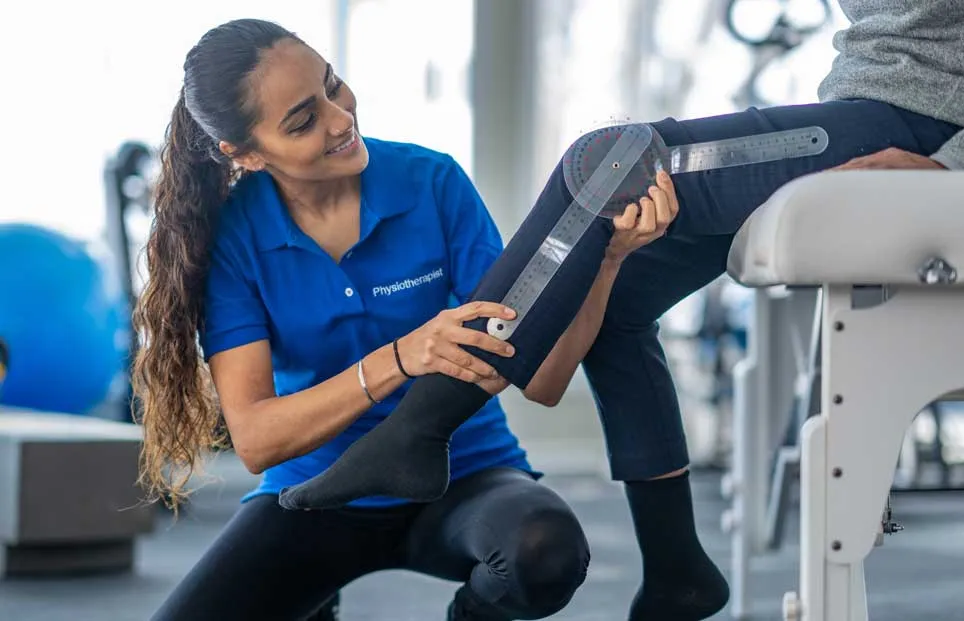
Innovation springs from collaboration across a wide range of fields, from life sciences and engineering to mathematics and the humanities. These breakthroughs emerge from thriving partnerships with industry, universities, and NGOs worldwide. Discover the breadth of research interests and how the Department of Physical Therapy, Movement and Rehabilitation Sciences is making a real difference in peoples’ lives through a human-centered use of assistive technologies, cognitive and behavioral science, biomechanics and ergonomics, and sports injury prevention and rehabilitation.
Our researchers seek to improve the lives for individuals with disability through the advancement of clinical interventions rooted in cutting-edge science and development of the next generation of assistive technologies. Our interdisciplinary research falls under the below categories.
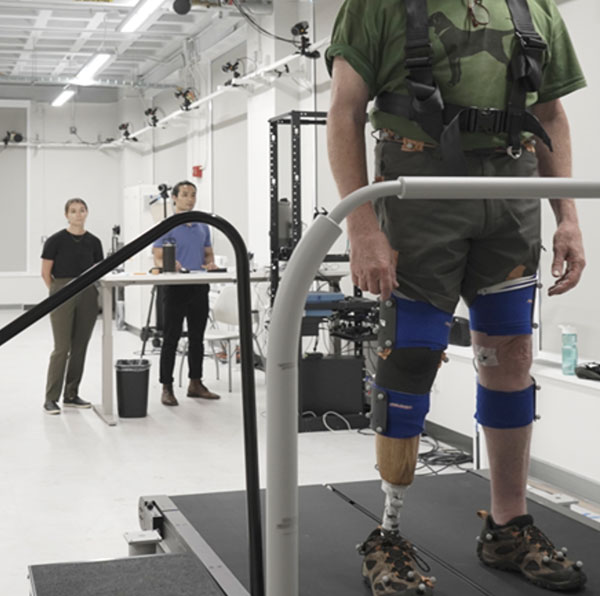
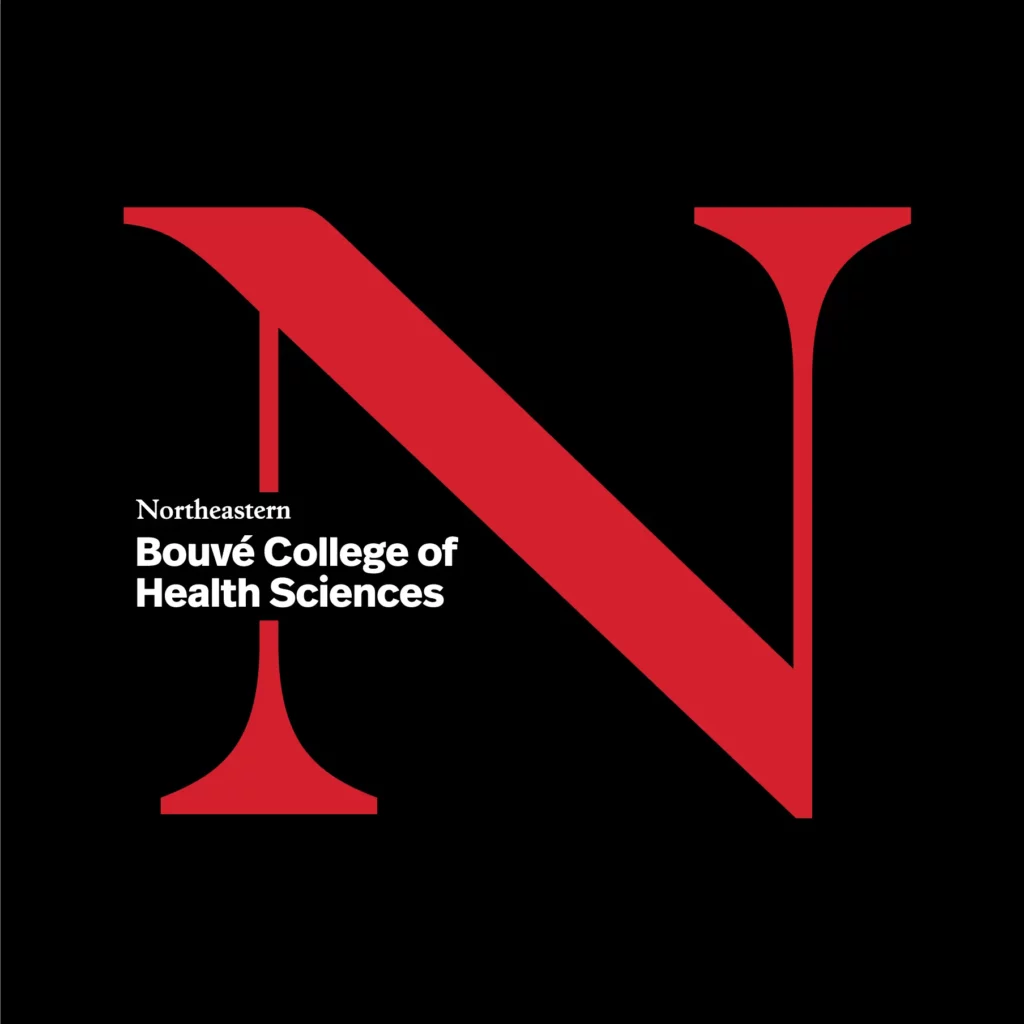
The development of novel devices to improve prosthesis prescription and function.
The use of electrical and magnetic stimulation to develop biomarkers of neurological dysfunction and novel interventions for those with cognitive and motor impairment.
The use of robotics to understand and augment interventions to improve mobility and function in those with motor impairment. Major focus areas include: soft robotics, robotics for upper limb and gait rehabilitation, and therapist in the loop robotics.
The use of simulated environments in to provide engaging and adaptive learning environments for rehabilitation.
Mat Yarossi, PhD
NeuroRehabilitation
Engineering Laboratory
Max Shepherd, PhD
Robotics – Rehabilitation – Locomotion Lab
CJ Hasson, PhD
Neuromotor Systems Laboratory
Kris Dorsey, PhD
Programmable and Reconfigurable Soft Engineered Systems Lab
Gene Tunik, PhD
Movement Neuroscience Lab
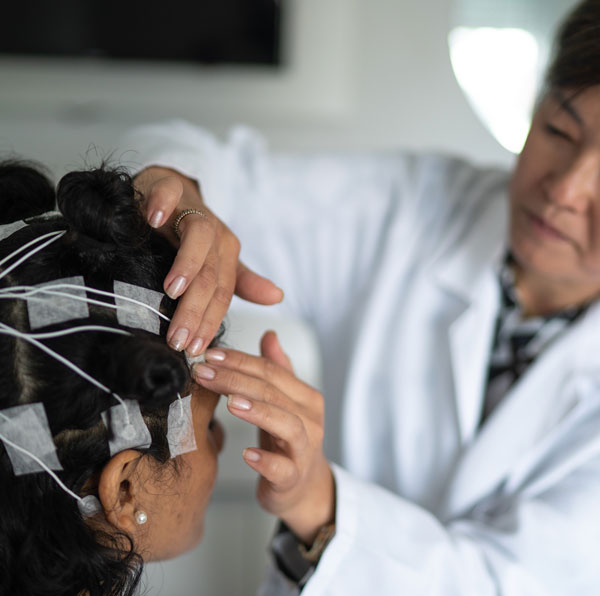
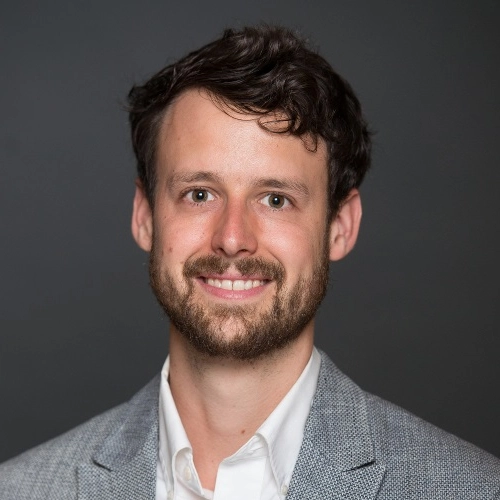
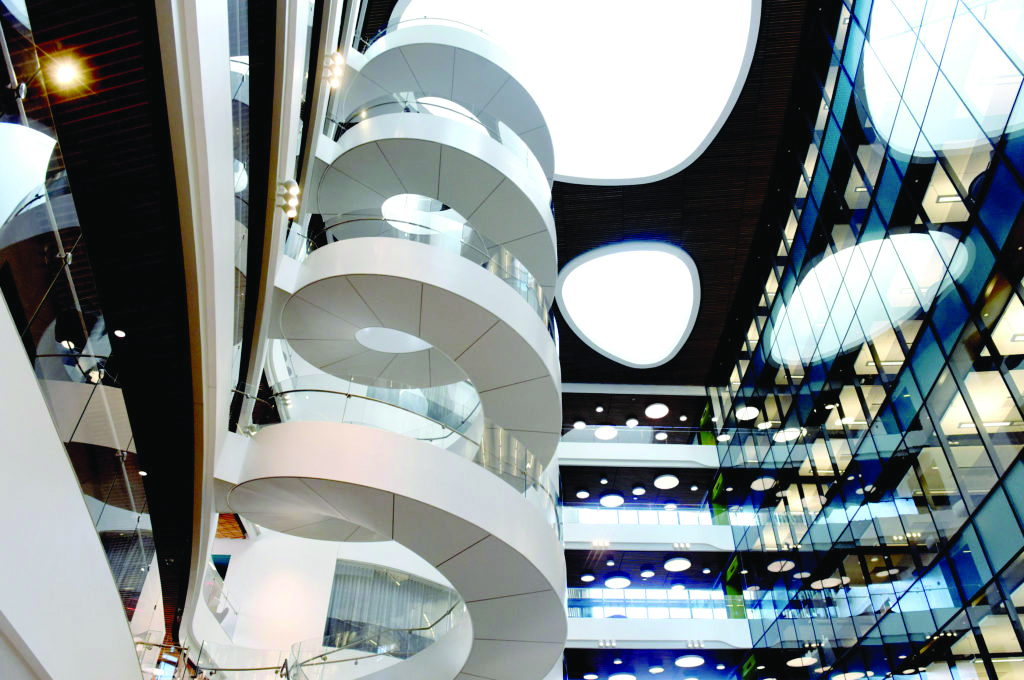

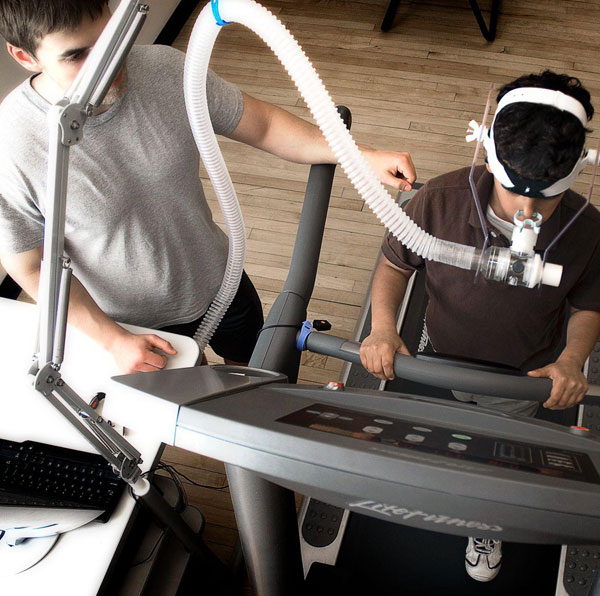
With a focus on brain and behavior relations across the lifespan, our research incorporates cognitive neuroscience approaches with complex behavioral analyses to develop novel interventions for brain health across the lifespan and predict rehabilitation outcomes to better patient care.
Gene Tunik, PhD
Movement Neuroscience Lab
Darla Castelli, PhD
Castelli Lab
Leanne Chukowski, PhD
ReGame-XR Lab (Rehabilitation Games in Extended Reality) Laboratory
Timothy Morris, PhD
The Brain Impact Lab
Lauren Raine, PhD
Interdisciplinary Health, Body Composition, and Neuroscience Laboratory (i-HBN Lab)
Charles Hillman, PhD
The Cognitive and Brain Health Lab
Neha Gothe, PhD
Exercise Psychology Lab
Predicting outcomes in rehabilitation and as mechanistic evidence of interventions.
Build and test XR tools for basic and translational research in human movement and cognition.
Development of novel physical activity and movement interventions for brain health across the lifespan.
Use of neurophysiological, behavioral, engineering, and computational approaches to study how the nervous system plans and coordinates motor actions, and how this information can inform recovery from disease.
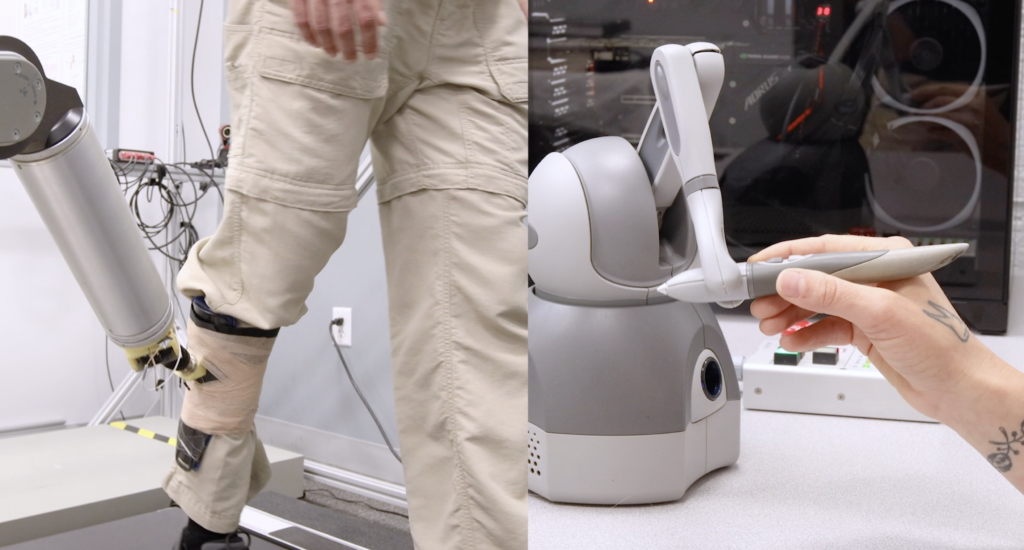
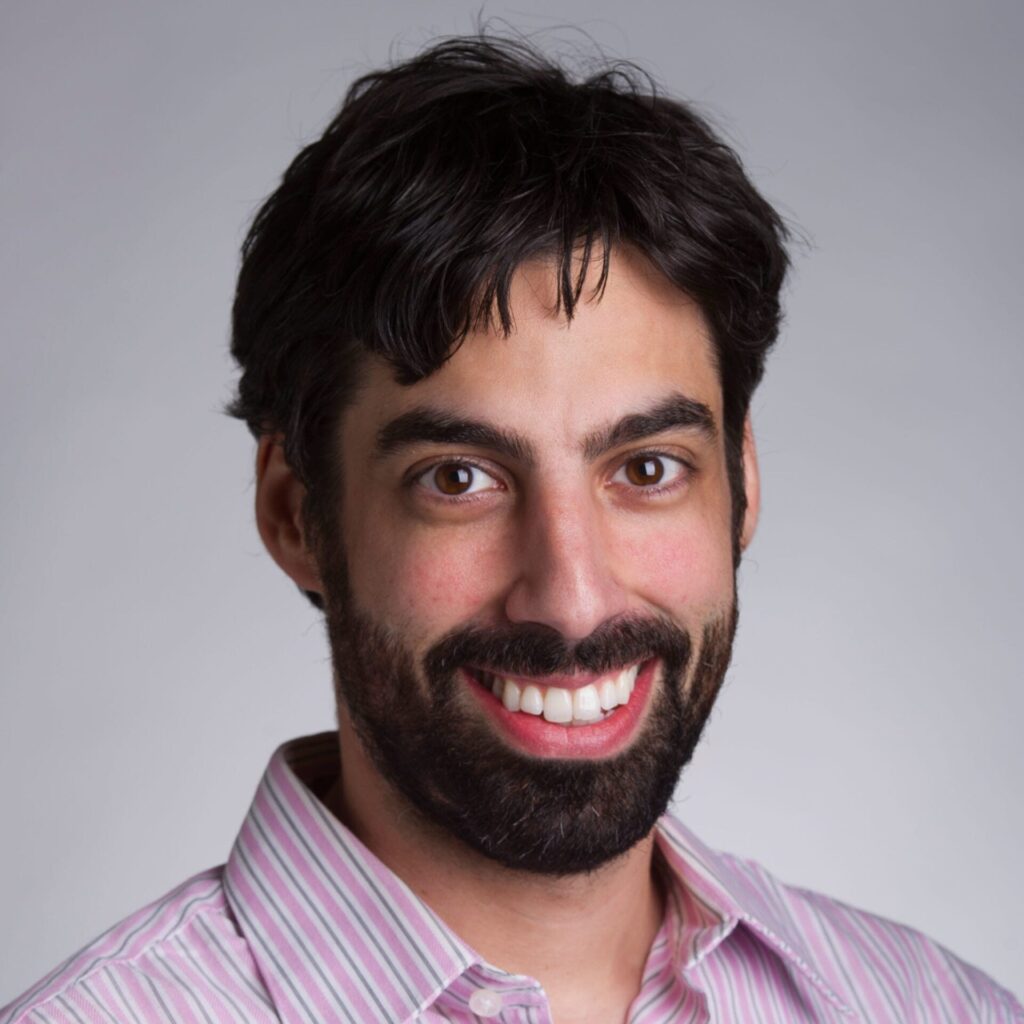

Using state-of-the-art equipment, cadaver labs, and motion capture labs, our faculty study and optimize human movement for long term health.
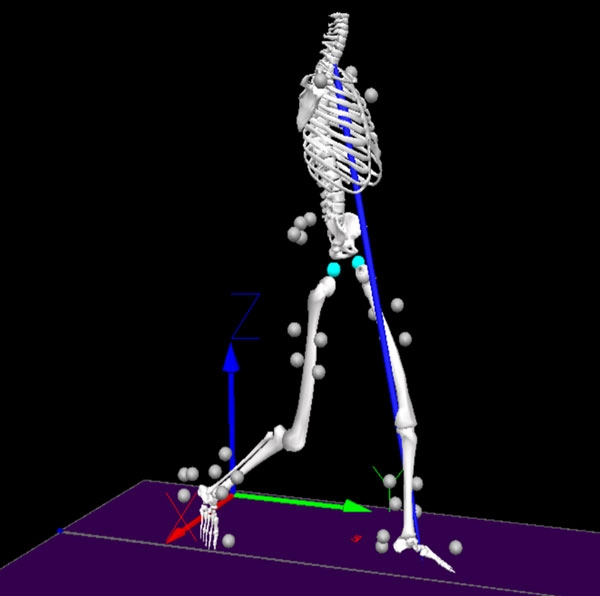
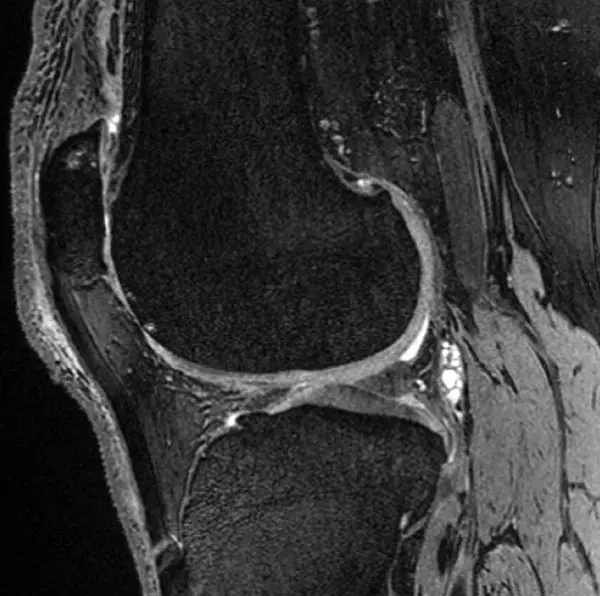
Understanding the relationship between gait kinematics, limb loading, and knee pain
Understanding how design of tools as well as organizational policies, programs and practices impact worker safety, health, and wellbeing
Developing, programming, and evaluating methods for analyzing human activity and health-related signals within single and multi-person movement paradigms using wearable sensors
Max Shepherd, PhD
Robotics – Rehabilitation – Locomotion Lab
Josh Stefanik, PhDMusculoskeletal Epidemiology and Biomechanics Lab
Aston McCollough, PhD
Sheng Che Yen, PhD
Marie Corkery, PT, DPT
Luke Brisbin, PT, DPT
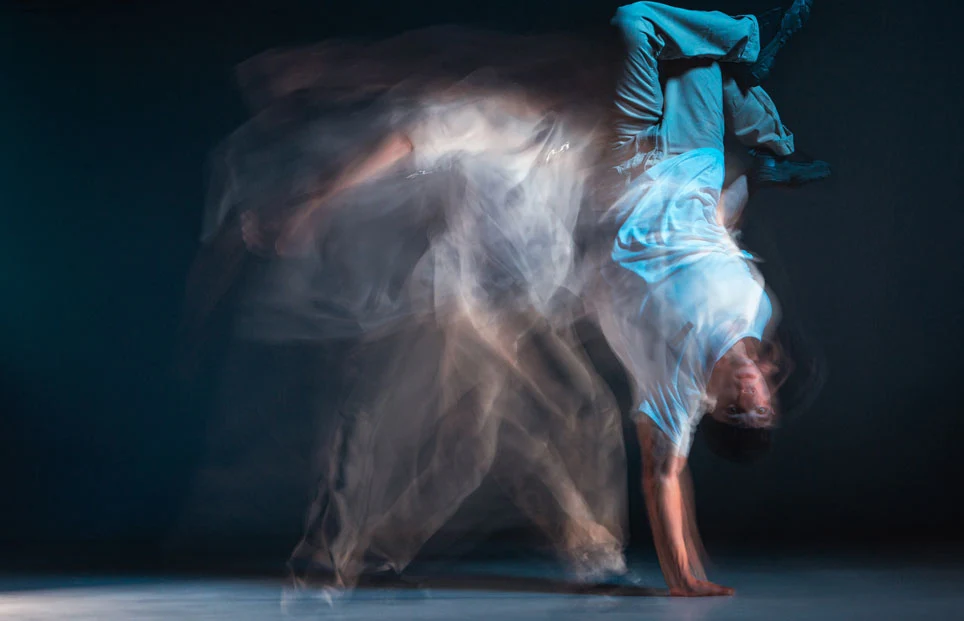

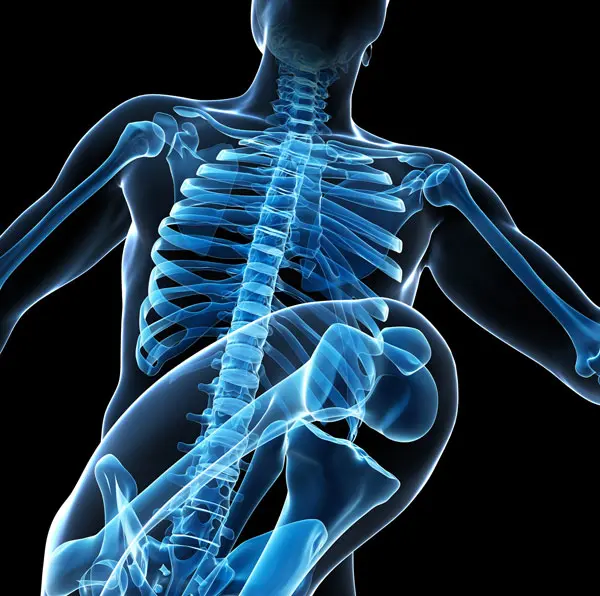
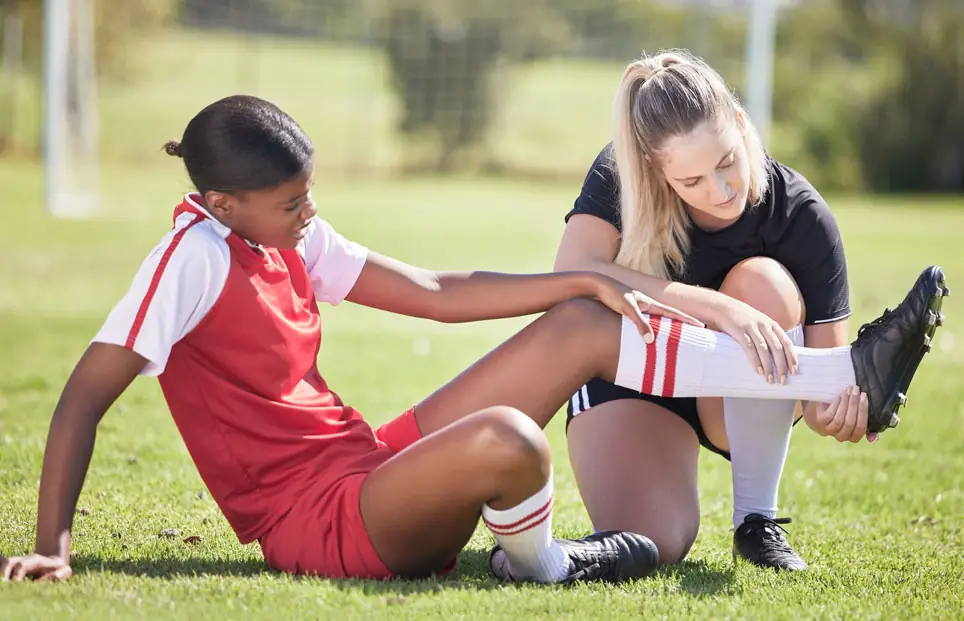
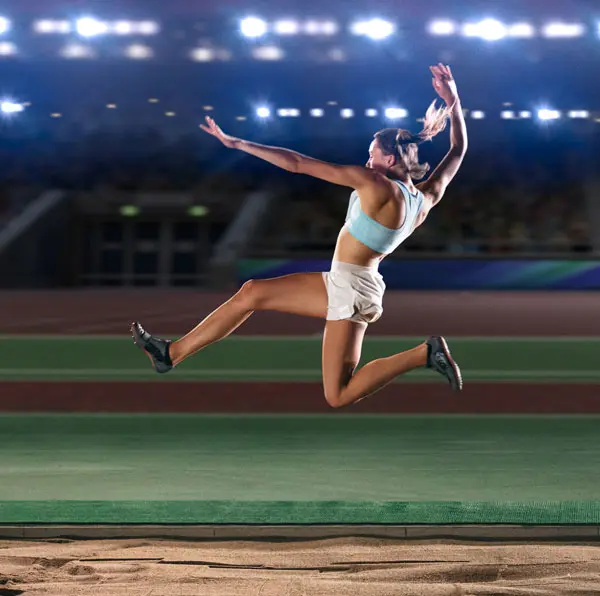
With a focus on the assessment and quantification of injury risk and management in elite and Olympic sports. Our research aims to identify causes, consequences and outcomes of injury at the top level of sport performance.
Sheng Che Yen, PhD
Alexandre Lopes, PT, DPT
Adam Thomas, PT, DPT
Alycia Markowski, PT, DPT
Studying injury risk and management in elite and Olympic sports
Implementation of state-of-the-art ultrasound techniques for diagnostic measures of musculoskeletal injuries.
Implementation of research practices to improve wellness in physical therapy practice.
Quantitative assessment of injury in sport.
Our research seeks to understand barriers to opportunity and improve accessibility for everyone in the education and practice of Physical Therapy. This includes research on the diversity, equity, inclusion, access, justice, and belonging of practitioners and the patients they serve, as well as the social determinants of health.
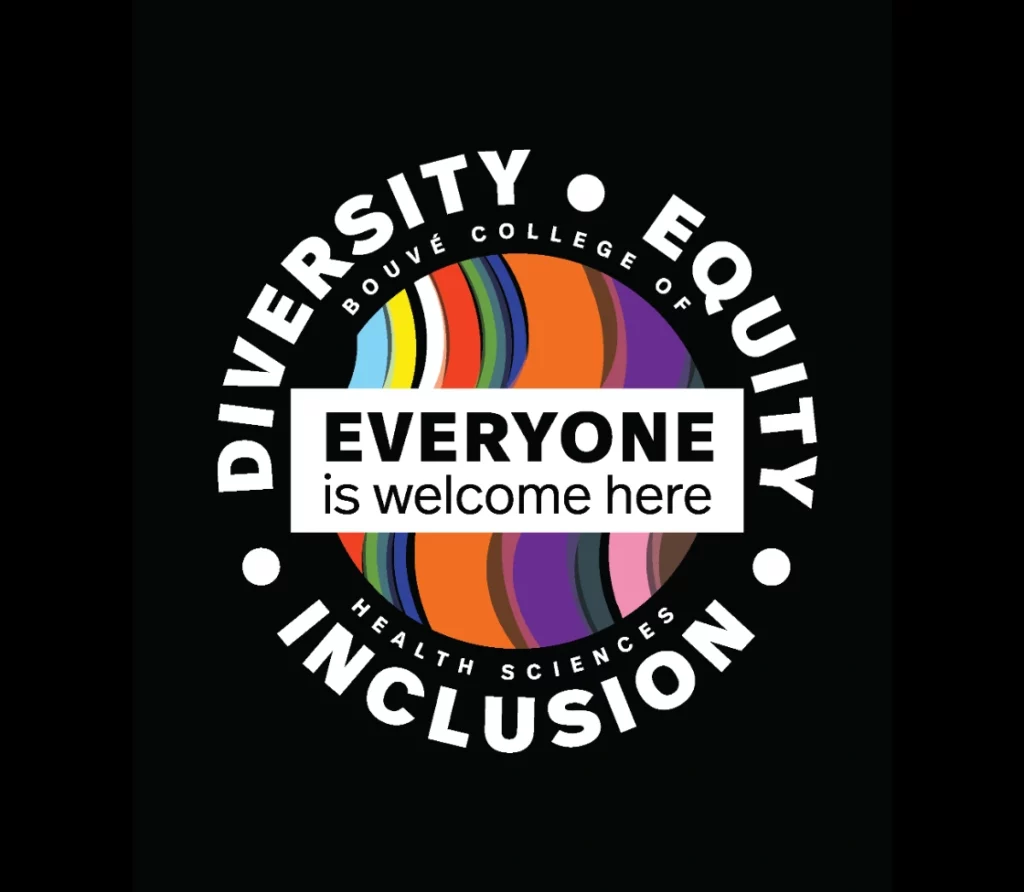
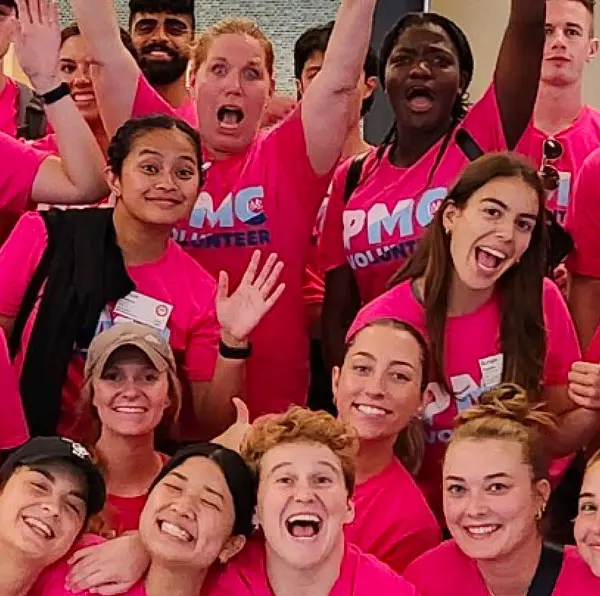
Research assessing the experience of typically underrepresented minorities in physical therapy and rehabilitation science.
Research connecting social disadvantage, health outcomes, and health disparities as it relates to physical rehabilitation and movement science.
Camille Powell, PT, DPT
Heidi Cheerman, PT, DPT
Sheri Kiami, PT, DPT
Chris Cesario, PT, DPT
Ann Golub-Victor, PT, DPT
Debra Bangs, PT, DPT
Winston Kennedy, DPT, PhD
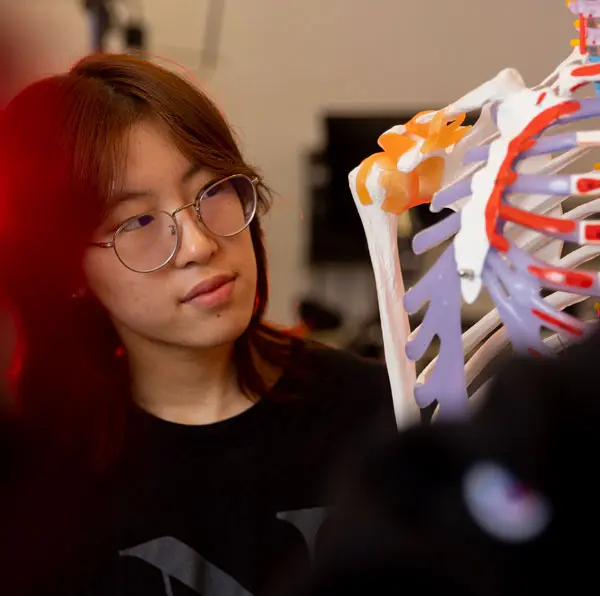
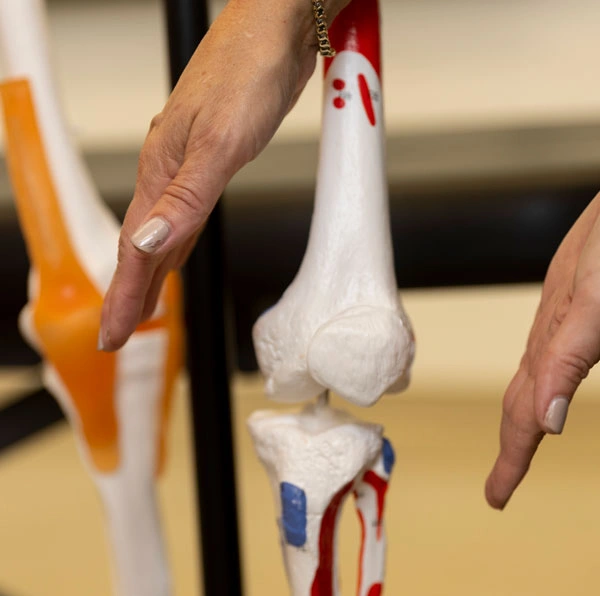
Our research seeks to understand barriers to opportunity and improve accessibility for everyone in the education and practice of Physical Therapy. This includes research on the diversity, equity, inclusion, access, justice, and belonging of practitioners and the patients they serve, as well as the social determinants of health.
Debra Bangs, PT, DPT
Luke Brisbin, PT, DPT
Darla Castelli, PhD
Castelli Lab
Chris Cesario, PT, DPT
Pamela Donlan, PT, DPT, EdD, CLT-LANA
Lorna Hayward, EdD, MPH, PT
Heidi Cheerman, PT, DPT
Ann Golub-Victor, PT, DPT, MPH
Sheri Kiami, PT, DPT
Research assessing the teaching methodology of health profession students utilizing simulation-based learning, service-learning, clinical education and innovative technology. Our goal is to use these learning modalities to optimize active student learning in the psychomotor and cognitive domains with integration into clinical and community environments.
Research directed toward identifying optimal learning opportunities for health profession students to learn with and from each other with a team-based approach through interprofessional collaboration from two or more disciplines to promote population health and minimize health inequities.